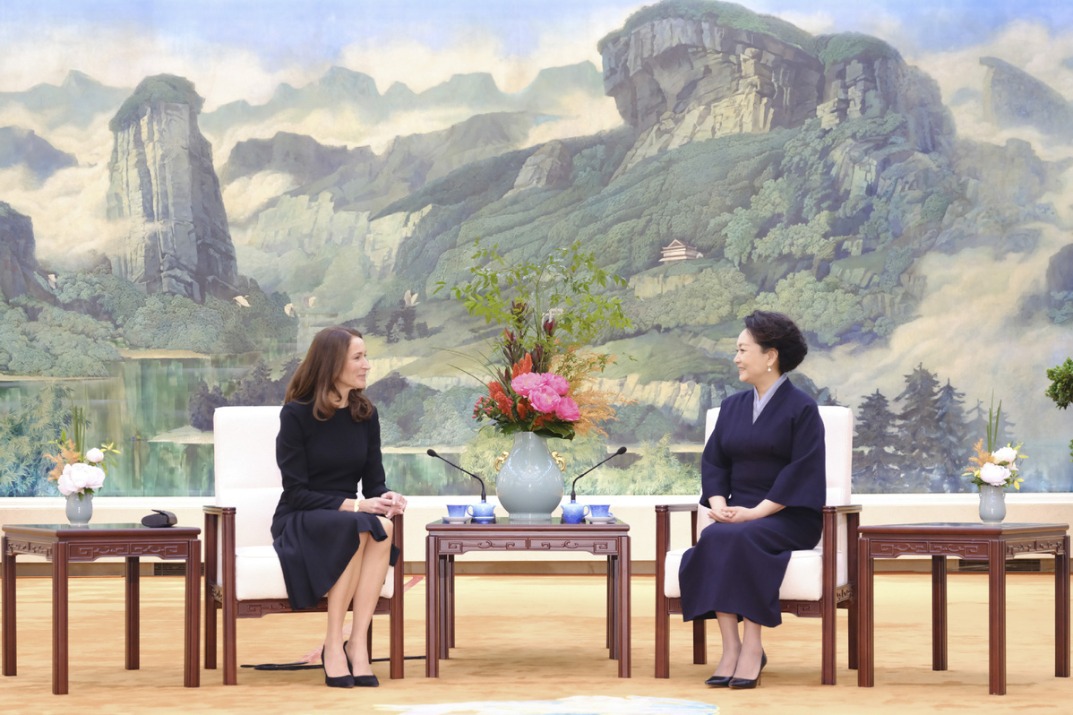CPC leading nation on road to a bright future, professor says

The Communist Party of China, whose policies are deeply rooted in Chinese society and strive to benefit all Chinese people, is spearheading the country's efforts to achieve Chinese modernization, said Hu Yinglian, professor at the National Academy of Governance.
In a report to the CPC's 20th National Congress, which concluded last month, the CPC said that its central task will be to lead the Chinese people to realize the Second Centenary Goal, which is to build China into a great modern socialist country in all respects and to advance the rejuvenation of the nation through "Chinese modernization".
Chinese modernization is a combination of market facilitation and social development, Hu said in his speech at China Daily's Vision China event on Wednesday. Social development is critical for Chinese modernization, which includes improving people's livelihoods and maintaining social stability, he said.
The CPC, which stresses the need to ensure and improve people's well-being in the course of pursuing growth, has led China through a series of accomplishments in social development over the past decade.
Pressing ahead with its plans, the Party has rallied the nation to successfully eradicate absolute poverty and build a moderately prosperous society in all respects, meeting the First Centenary Goal.
The report to the congress further required that the Party "must do everything within our capacity to resolve the most practical problems that are of the greatest and most direct concern to the people".
To this end, the report called on the Party to set out to improve income distribution and social security, implement the employment-first strategy and advance Healthy China 2030 to ensure people's health.
China has realized the "dual miracles" of sustainable economic growth and a stable society, further boosting development, Hu said. The reason, according to him, is the CPC's leadership.
Unlike political parties in Western countries, which stand for certain vested interests and groups, the Party is able to avoid partisan strife or interests and implement long-term social policies, including those that create more jobs and provide better healthcare, to ensure and improve the people's well-being, Hu said.
"In other words, the Party is autonomous enough to make impartial and scientific decisions," he said.
On the other hand, China's rapid development faces some risks and challenges, the professor pointed out. "That's why the Party encourages all stakeholders to work together to address pressing problems," he said.
It has never been an easy job to achieve modernization in China, which has the world's largest population, Hu said, recalling that his impression of modernization as a child was just that "each household has a lamp and a telephone".
"Thirty years later, I have kids, and we are in the new age of China," he said.
"Modernization is now not only about lamps or telephones, but also about high-speed rail, internet giants, the space station and a modern governance system.'

































